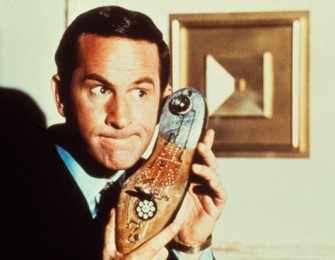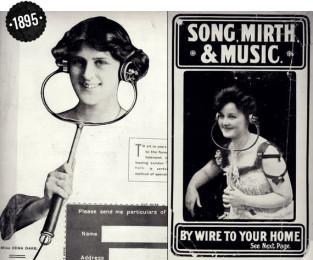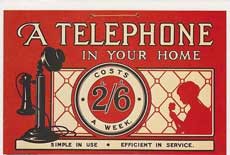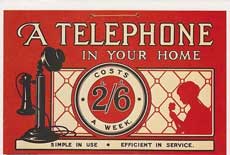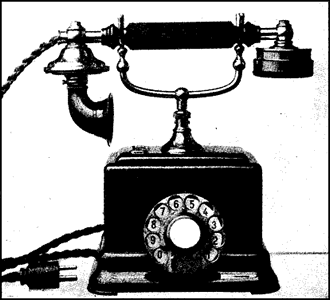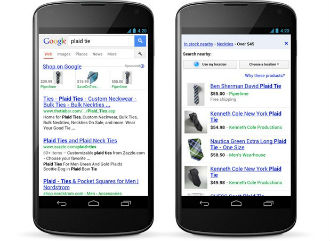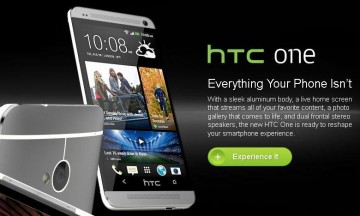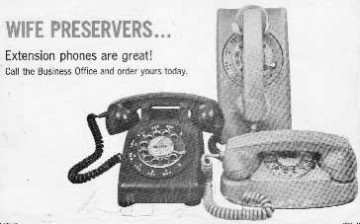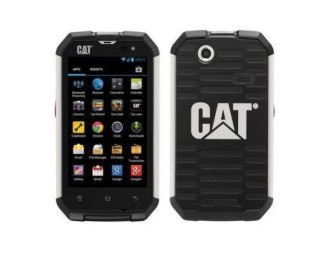 Mobile and retail B2B outfit Exertis has announced a distribution agreement with Bullitt for the CAT phones range of rugged smart and mobile phones.
Mobile and retail B2B outfit Exertis has announced a distribution agreement with Bullitt for the CAT phones range of rugged smart and mobile phones.
The CAT brand provides robust equipment often deployed in harsh environments, and these features are equally applicable to their mobile devices.
Rik Hubbard, Exertis mobile commercial and services director, said: “By their very nature, certain vertical markets such as the military, blue light services, manufacturing and construction require more durability and reliability for their mobile devices. Phones, with their smaller form factor, are more suitable for some workers operating in hazardous areas. The CAT brand is associated with resilience and robustness, and these devices offer a great solution at affordable prices for our resellers that sell into industrial and public-sector markets.”
Exertis will be supplying the Cat S31, Cat S41, Cat S30 and Cat S60 smartphones and the Cat B25 and Cat B30 mobile phones.
Cat phones are drop tested onto concrete from up to 6ft to prove their rugged credentials, can function in extreme temperatures (from -25C up to 55C) and have reliable battery power. Some models are waterproof, dustproof and shockproof to IP68 certification with MIL-STD-810G compliancy. The Cat S60 is the first smartphone offering integrated thermal imaging technology. The firm didn’t say how they would fare in a large vodka and tonic.
Ross Jeffries, Sales Director at Bullitt Group, global mobile device licensee for Caterpillar, said “Exertis has been educating resellers in the opportunities in the rugged market which continues to grow. Their pedigree in providing mobile solutions in the B2B sector make them an ideal choice to distribute our range of devices and broaden our breadth of customers. We look forward to working together and meeting with customers at their Plug into Exertis event in April.”

